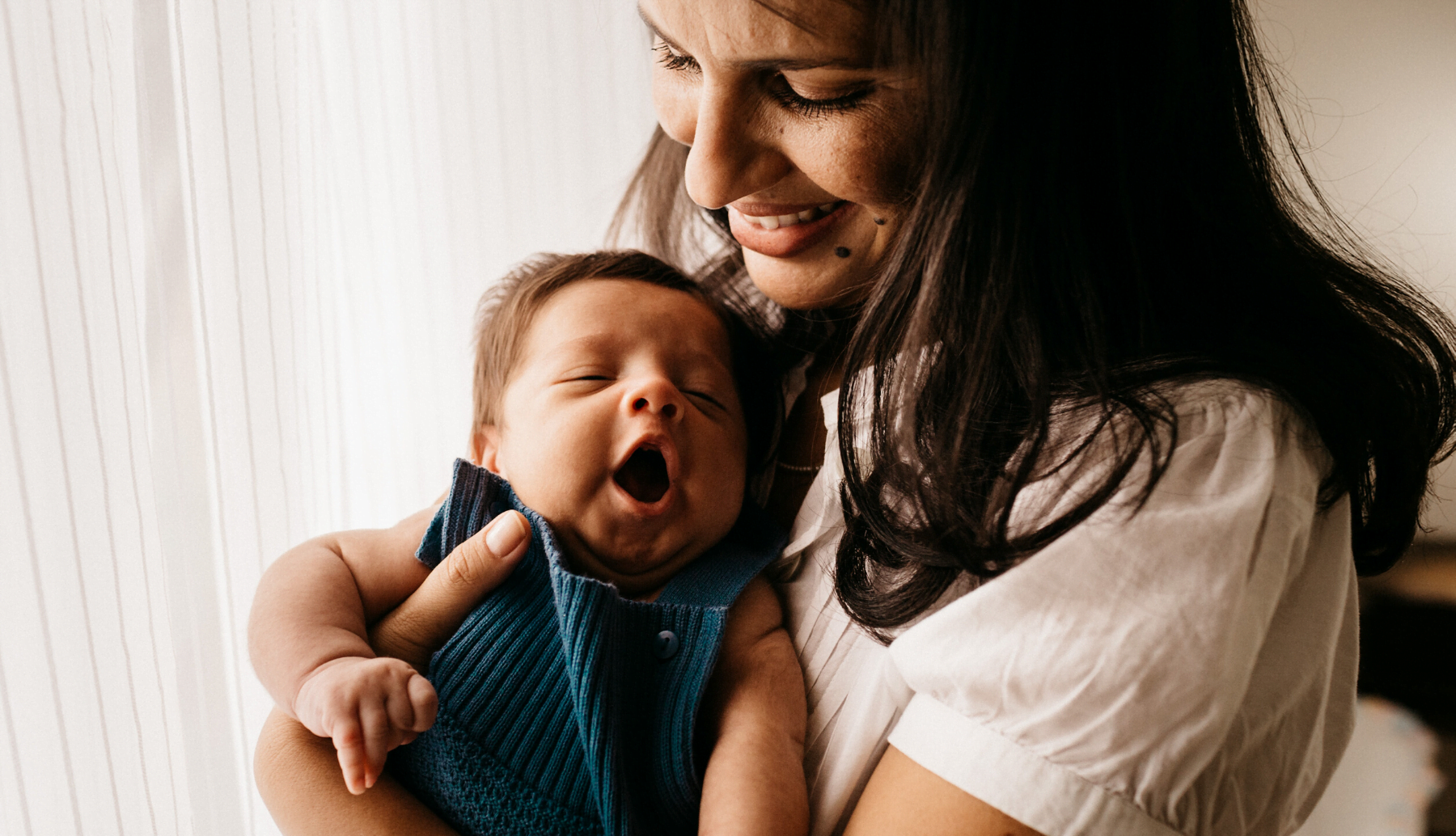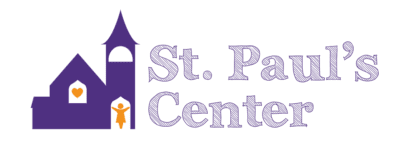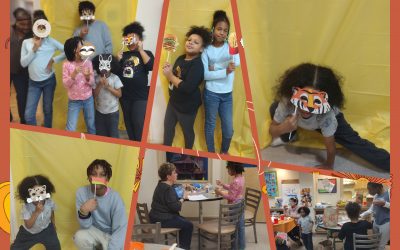
Written by Meghan
April 5, 2020
With cases of COVID-19 continuing to rise and well over 120,000 confirmed cases in New York State alone, making up roughly half of all cases in the United States, public health officials continue to recommend social distancing in order to slow the spread of the virus. While older adults and individuals with underlying health conditions are at highest risk of experiencing complications as a result of COVID-19, these groups aren’t the only people likely to experience hardship as the virus continues to spread. In fact, individuals and families living in poverty have already begun to experience challenges that have the potential to significantly impact their long-term health and financial well-being.
We are already seeing entire households in the Capital Region self-quarantine after exposure to the virus, suspicion of infection, or a confirmed diagnosis. While it is believed that the majority of infected individuals will recover from the virus, low wage workers’ lost wages throughout the quarantine process are enough to send an entire family unit into financial turmoil. Furthermore, many minimum wage workers aren’t afforded paid sick days. For many individuals who can’t afford to miss out on a day’s wages we know this translates to workers coming in sick; thus, perpetuating the spread of the disease to their coworkers and the general public.
According to research conducted by Charles Schwab, only 38% of Americans have an emergency fund.¹ Further, the Federal Reserve found that a shocking 40% of Americans don’t have the funds to pay for a $400 emergency should one arise.² This puts low-wage workers and those living in poverty especially at risk of not being able to make rent, pay their utilities bills, or put food on the table for their family during this time.
Unfortunately, it doesn’t end here. Children are also facing unprecedented challenges as a result of the virus. With many public schools closing or moving classes online, parents will need to get creative in order to feed their kids.
In the 2017/18 school year alone, 46% of students living in Rensselaer County received free or reduced-price lunch. This number has jumped from just over 33% of students in the County back in 2009/10.³
For some of these students, the breakfasts and lunches provided by schools are the only meals they can rely on receiving each day. Since Rensselaer County schools closed earlier this March, nearly half of all local families were left scrambling to find ways to afford to feed their children before several school districts began offering lunches to the children served by these programs.
With schools closed, parents unable to work from home need to find childcare for kids too young to stay home by themselves or be forced to take a leave of absence from work. Some may even lose their jobs as a result of staying home in order to care for their children. While the Capital District YMCA announced that they would be providing emergency childcare to healthcare workers and emergency responders, this still leaves many low-wage workers without childcare for the foreseeable future.
While COVID-19 has not directly caused any of these issues, it has exposed many of the social and economic inequities facing individuals and families across the United States. While many Americans are typically able to budget their income in order to cover their monthly expenses, far too many individuals and families are unable to put aside any money in the event of an emergency like COVID-19, and that hurts all of us.
For more information on COVID-19 and the steps you can take to protect yourself and your family check out these resources from the Centers for Disease Control & Prevention and the World Health Organization.
If you or someone you know is in need of assitance during this time, please check out our listing of local, regional and national resources below:
For help finding food and meals visit the Regional Food Bank of Northeastern New York online or give them a call at (518) 786-3691 for a listing of open food pantries in your area.
National Suicide Prevention Hotline: 1-800-597-8481 or text GOT5 to 741741.
For immediate support resolving an emotional or behavioral health crisis call the Northern Rivers Mobile Crisis Team at (518) 292-5499
For emotional support during this difficult time call the New York State Emotional Support Line: 1-844-863-9314
To speak with a Recovery Peer Engagement Specialist call (518) 925-8067 weekdays from 9AM-5PM or 1-866-930-4999 after 5PM and on weekends.
Related Articles
St. Paul’s Center Holiday Season 2022
Thank you to everyone who adopted a family this holiday season! Our staff and families were blown away by all of the presents! A special thank you to the amazing volunteers who came in and threw a holiday party for all the mothers and children in our programs. This...
Salvage and Shine Partners with St. Paul’s Center
For Immediate Release Media Contacts: Alessandra Payne / Dinah Russell-Rose [email protected] / [email protected] Local Entrepreneurs Form Partnership to Sell Fundraiser Products for the Benefit of Saint Paul’s Center Shelter in...
Fall Festival with the Zonta Club!
When the weather gets too cold for the playground we have a fall festival! A special thanks to the Zonta Club for bringing all of our kids gifts and brand new books. This is the second event this year the Zonta Club held for our...

